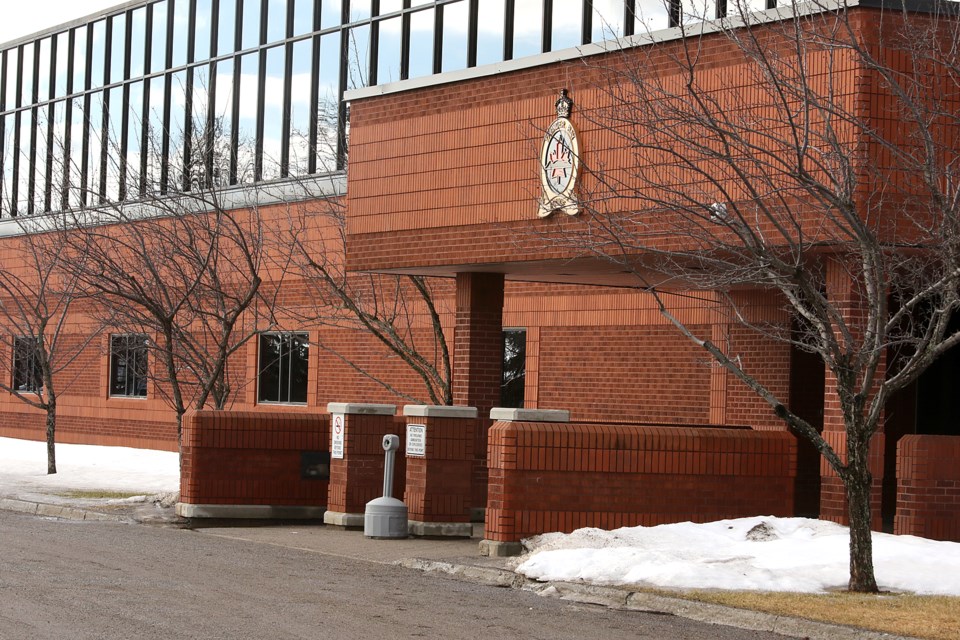THUNDER BAY - The Thunder Bay Police Service has lost its bid to block a video recording showing officers dragging an Indigenous man by his feet at the Balmoral Street headquarters from being shown during an inquest into the deaths of two other Indigenous men while in custody.
Dr. David Cameron, presiding coroner into the deaths of Don Mamakwa and Roland McKay, released his decision on Tuesday, saying the video represents relevant and material evidence for the inquest jury.
“The question of whether racism, bias or stereotyping was a factor in Mr. Mamakwa’s death should not be examined in a vacuum,” Cameron wrote in his decision. “The fact that another Indigenous man was almost simultaneously experiencing very similar treatment may suggest systemic issues that need to be addressed to prevent further deaths.”
The upcoming inquest will examine the circumstances around the deaths of Mamakwa, 44, of Kasabonika First Nation and McKay, 50 of Kitchenuhmaykoosib Inninuwug First Nation, who both died while in the custody of the Thunder Bay Police Service.
Mamakwa died on Aug. 2, 2014 and McKay on July 19, 2017 at the Thunder Bay Police Service Balmoral Street headquarters.
The video surveillance footage from the Balmoral Street headquarters that has been ruled admissible by Cameron depicts officers dragging Dino Kwandibens of Whitesand First Nation into a cell by his feet on the same night Mamakwa was arrested for public intoxication and later found dead in his cell.
“Like Mr. Mamakwa, this other man’s medical needs were ignored, despite the fact that he appeared to be in medical distress,” reads a statement issued by Julien Falconer’s law office, which is representing the families of Mamakwa and McKay.
“Like Mr. Mamakwa, he was subjected to mistreatment by TBPS officers. While this individual did not pass away that night, the mistreatment in the video is disturbingly similar to what occurred with Mr. Mamakwa that same night at that same TBPS jail.”
Lawyers representing Thunder Bay Police Service chief Sylvie Hauth and several officers tried to have the video blocked from the inquest, arguing it was irrelevant and outside of the scope of the inquest.
Cameron disagreed, saying in his ruling the video is relevant to issues that will be raised at the inquest such as racism, stereotyping, and bias having been a possible factor in the officer’s interactions with Mamakwa and McKay, the appropriateness of taking intoxicated individuals into custody, and the policies of procedures of doing so.
“The all-pervading racism at the Thunder Bay Police Service is widely known, and Mr. Mamakwa is not the first Indigenous person to die at the hands of the TBPS,” Falconer said in a statement.
“This systemic rot is sickening, and community members deserve better. It’s bad enough that Chief Hauth and the officers wanted to block this video, which portrays them in a terrible – and accurate – light. But the fact that the TBPS Board sat idly by, while the police service tried to exclude this evidence, is a gross abdication of the Board’s responsibility towards the public.”
Rachel Mamakwa, sister of Don Mamakwa, said her brother’s death and treatment did not happen in isolation.
“It’s frustrating that the police tried to block this video, which so clearly shows terrible mistreatment of another man the same night Don died,” she said. “I look forward to when the Inquest begins, so that the jury can see this and ask themselves, ‘how do we stop this from ever happening again?’”
